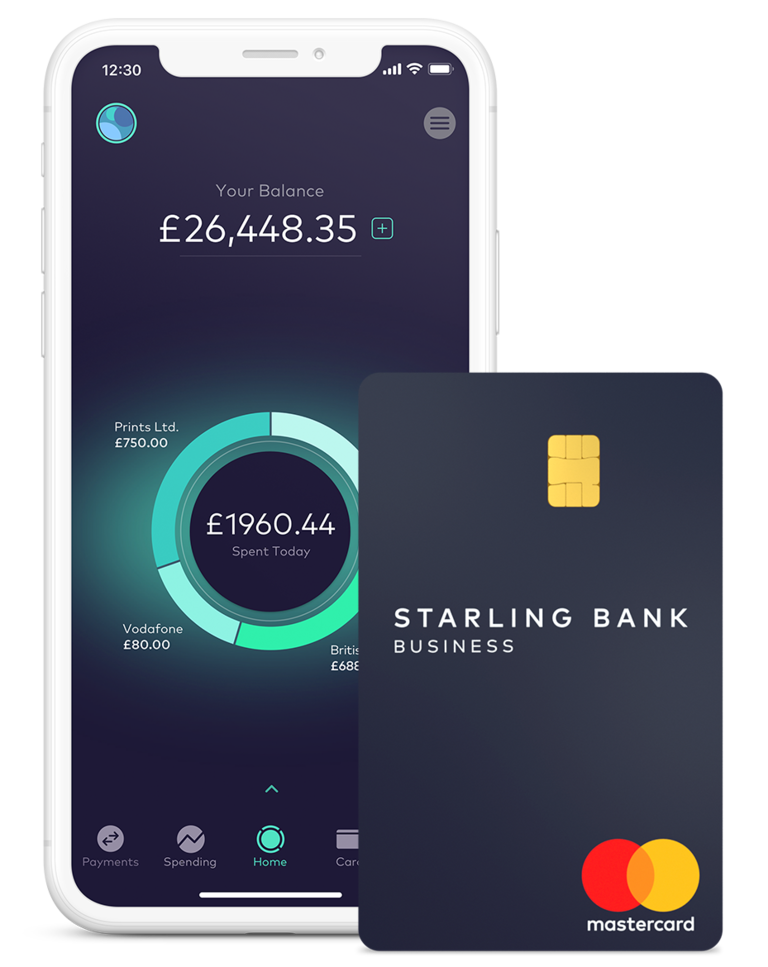Why using a business bank account for business expenses is so important
Posted on 28th October 2021
Although there is no law for a sole trader which mandates that you should have a separate account for your business, we urge that you do this. However, a limited company is required by law to maintain a separate business bank account.
If you are the owner/director of a limited company, it’s important to regard this business as a totally separate entity from yourself, as this is how it is seen in the eyes of the law.
For this reason, it’s important that you use a business account for business expenses and a personal account for personal expenses. Below we discuss our reasons for this.
The Benefits
Although there are some bank charges involved in having a business account, such as transaction fees on card payments, we believe the benefits outweigh the costs.
Requirement, some banks will not accept business transactions into your personal account if you’re operating a limited company.
Business credibility, having a separate bank account shows you are a legitimate business.
Loans and credit, most banks will not offer you a line of credit for your company unless you have a business only account.
Easier accounting, bookkeeping can become very time-consuming if you’re having to distinguish between your personal and business transactions.
Accepting card payments, most banks will require that these types of payments come into a business account.
Setting up the business bank account
There are very strict Anti-Money Laundering regulations in the UK, and because of these you are usually expected to visit the bank in person in order to open a new business account. They will want to see your company incorporation documentation and your identification documents.
There are strict standards in place for recording and reporting the financial activity of your limited company, so we strongly advise that you do this.
With this new business current account comes the reassurance that you will not unintentionally mix up any of your personal expenses with your business finances.
You should use this account to pay your premises rental, utility bills, taxes, rates, VAT, salaries, as well as for your income generated from sales of services or products.
Please check with your chosen bank on how to set up an account in these unprecedented times of a global pandemic, as some banks are currently not opening new small business accounts.
There are several new on-line only banks, known as “challenger banks”, as they are challenging the big four established players. These on-line only banks include Monzo, Starling, Tide and Revolut. At the date of this writing this blog, they are still offering new business accounts.
We now partner with Starling Bank and highly recommend them, but if you want to know what you should consider when looking for a business bank account see our blogs:- Part 1 & Part 2
We also advise that you set up a separate business savings account, although this won’t earn you much in the way of interest these days, its primary function will be for you to set aside the required amount for your tax and VAT payments.
Business Expenses
If you do make any business related purchases using your personal account, credit card or even cash, you are entitled to claim these back from your business.
Best practice dictates that you should avoid this, and instead use a dedicated business debit card or credit card for this purpose.
If incurring a business expense via your personal funds is unavoidable, we suggest you treat this in the same way you’d expect an employee to claim back an expense.
To do this you should:
detail the amount and itemise what the cost was for in an excel spreadsheet, expenses form or via an expenses app.
Attach your supporting receipts to the expense claim or take a photo of them within your app or save the photo electronically.
You can claim for any mileage used in relation to your business at 45p for the first 10,000 miles and 25p a mile thereafter.
Once this is completed, you can then transfer the amount from your company bank account to your personal one
Try to habitually claim your expenses once a month, this will help you to stay organised and hopefully not forget to claim any legitimate business expenses when submitting your annual self-assessment form.
As you can see – there is more admin involved – which is one big reason why it is best to use the business debit or credit card!
Business Credit Card
You can claim any business expenses incurred on your personal credit card in the same manner as described above. However, our best practice advice would be to use a company credit card instead. If you do not have a credit card in the name of the company, then one solution is to have two separate personal credit cards and ensure you use one solely for business expenses and the other solely for personal purposes.
Blended business and personal expenses
There are sometimes costs incurred that can relate to your business and personal expenses, for example your home office costs. If you work from home, you may be entitled to claim a proportion of your utility costs back via your expense claim from. HMRC will expect you to work out a sensible and justifiable amount when doing this calculation.
See our Infographic here for our simple guide. We usually discuss this with our clients at the end of their financial year, when we are preparing the company accounts.
You can contact us and we’ll help you through the ins and outs of what constitutes a business or a personal cost.

Written by:
Nicola J Sorrell -
Effective Accounting
Founder | Xero Champion | IR35 Expert
Share this post:



